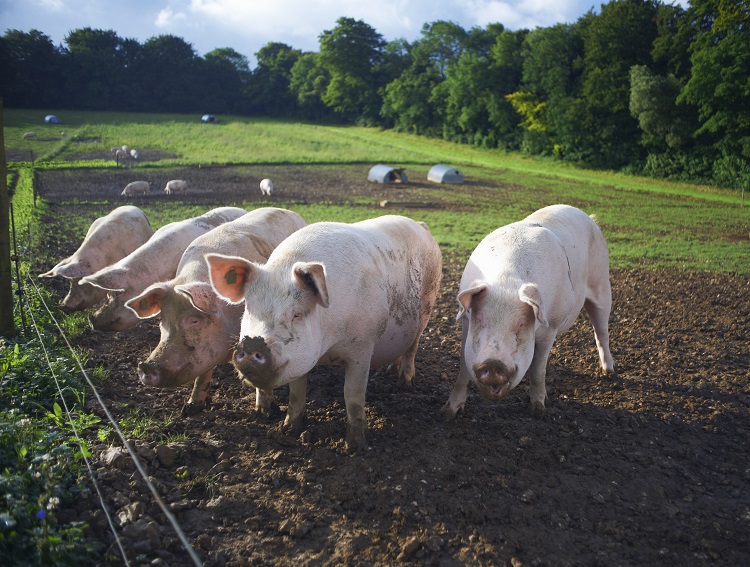The food and beverage industry is witnessing significant trends and innovations in the realm of sustainability and plant-based alternatives. A recent study published in Nature Food titled ‘Global greenhouse gas emissions from animal-based foods are twice those of plant-based foods’ revealed that animal-based foods and livestock feed contribute 57% of greenhouse gas emissions from food production, while plant-based foods account for 29%.
These findings have prompted the food industry to take note of the environmental implications of meat consumption, leading to the surge in plant-based meat substitutes and animal-based product alternatives over the past decade. Despite this shift, meat continues to be a staple in many people’s diets. According to Minette Batters, President of the National Farming Union (NFU), 98% of people in the UK continue to purchase red meat and dairy products as part of a healthy and balanced diet. Red meat is recognized for its rich iron content, while a glass of milk provides 74% of the recommended intake of B12, in contrast to certain highly processed plant-based alternatives.
However, the future of animal agriculture in the face of climate change remains uncertain. Can conventional meat production be sustained? Matt Dight, head of sustainability at high welfare pork provider Pilgrim’s UK, highlights that meat consumption continues to have consumer support due to various driving factors such as health considerations, animal welfare, and sustainability concerns. Financial circumstances also play a role, as plant-based meat alternatives tend to be more expensive with minimal nutritional benefits compared to meat products, which can hinder their adoption. Additionally, some plant-based alternatives are heavily processed and shipped worldwide, raising concerns of greenwashing.
While acknowledging the benefits of meat consumption, Dight emphasizes the importance of sustainable production practices that prioritize both planetary and consumer health. Contrary to popular belief, meat consumption remains prevalent, with 97% of households incorporating it into their diets. Consequently, Dight believes that changing trends do not pose a threat to the industry, particularly with the emergence of value-tier options that cater to consumer budget constraints.
Addressing sustainability concerns associated with meat production, Pilgrim’s focuses on reducing greenhouse gas emissions through targeted research and development efforts. This includes optimizing pig diets to minimize costs and improve greenhouse gas performance, such as reducing soy usage and sourcing responsibly to avoid deforestation. Collaboration with supply chain partners and continual innovation are integral to Pilgrim’s sustainability initiatives.
It is important to note that the environmental impact of meat production is not solely determined by the meat itself but also by factors such as feed supply chains. Harvard Health Publishings suggests that compared to cows, pigs produce less methane, contributing to a lower environmental impact. Ultimately, the future of the meat industry lies in sustainable practices and the ability to strike a balance between meeting consumer demand and minimizing environmental harm.
In summary, the food and beverage industry is witnessing a shift towards more sustainable and plant-based alternatives. However, meat consumption remains prevalent due to its nutritional benefits and consumer preferences. The future of animal agriculture lies in sustainable production practices that consider both environmental and consumer health. Companies like Pilgrim’s UK are actively working towards reducing greenhouse gas emissions and addressing sustainability concerns associated with meat production. By prioritizing innovation and collaboration across the supply chain, the industry can pave the way for a more environmentally conscious and resilient future.




